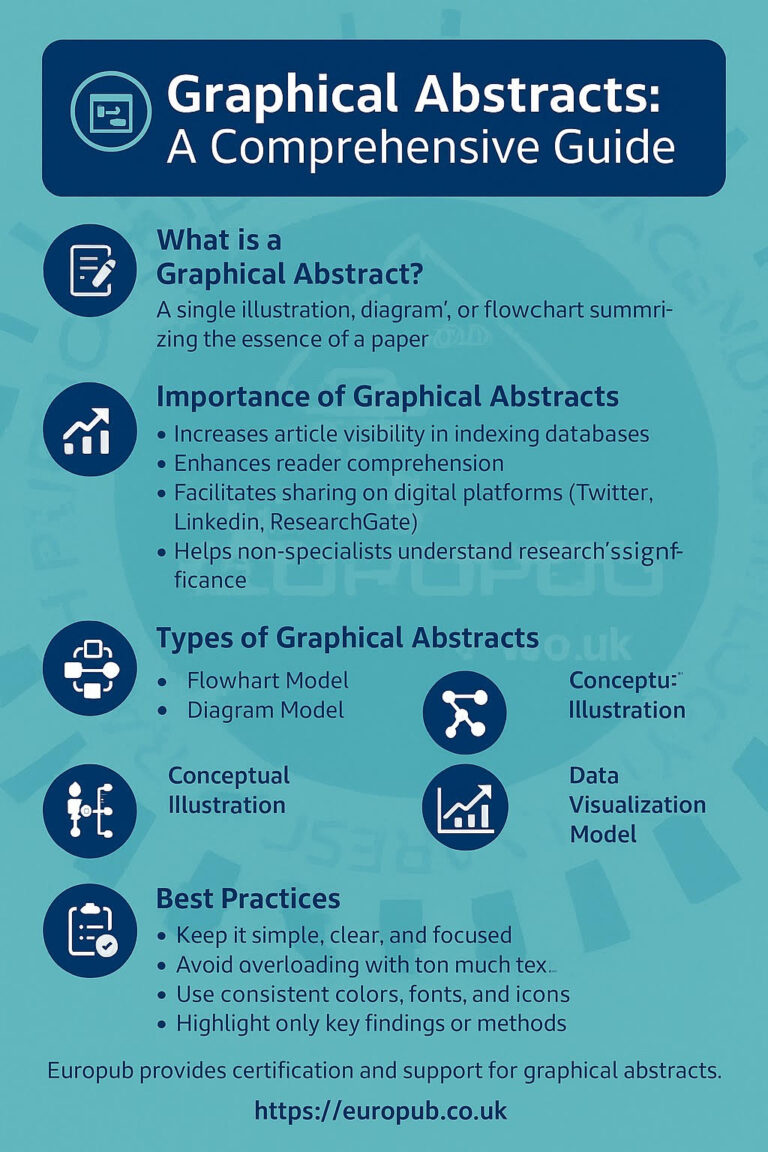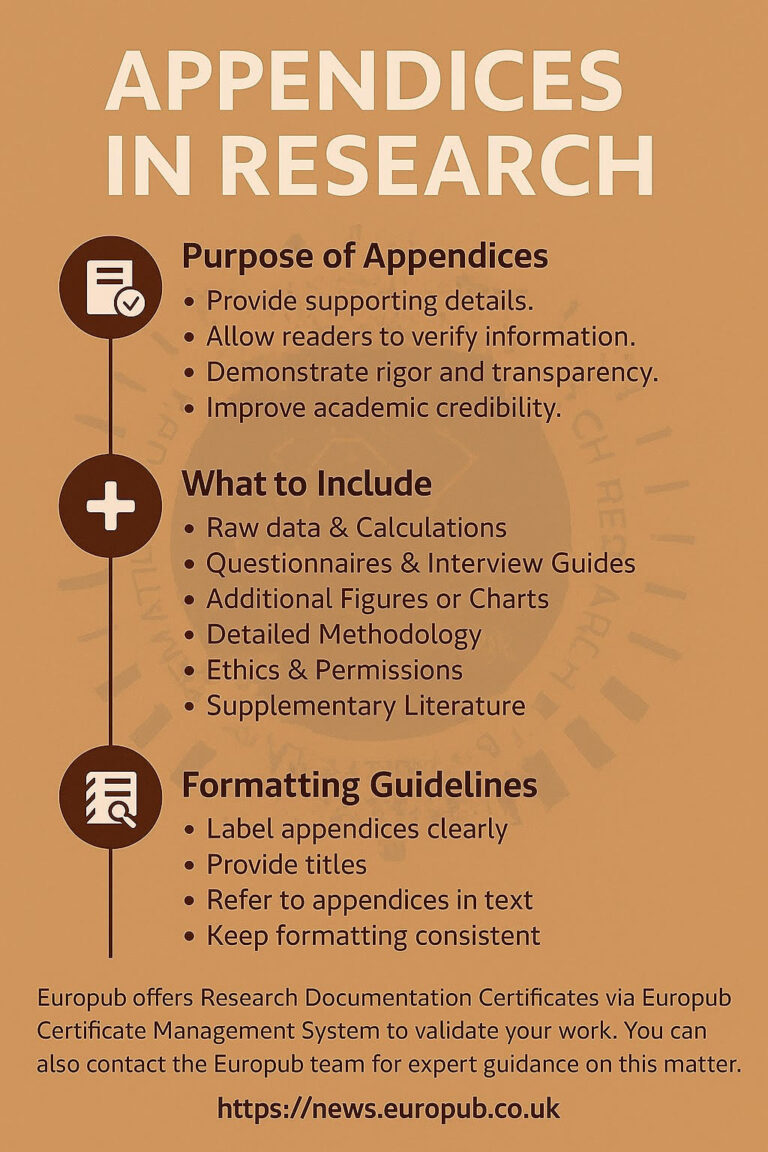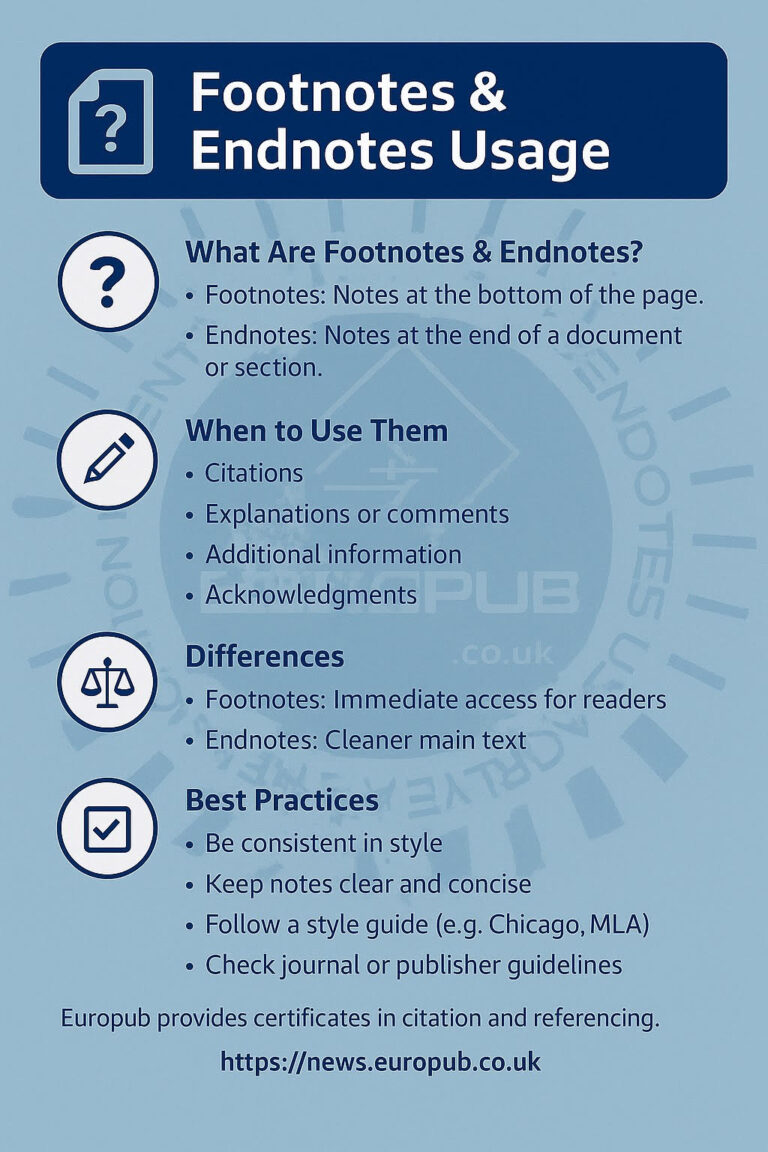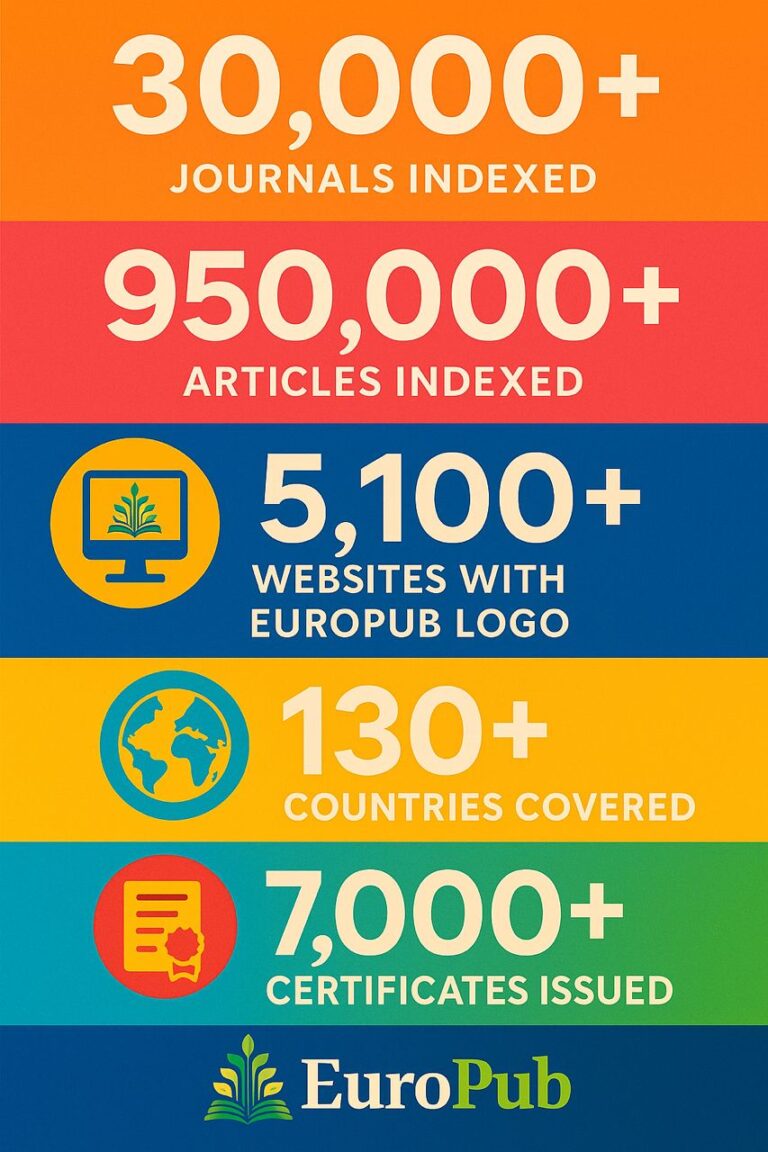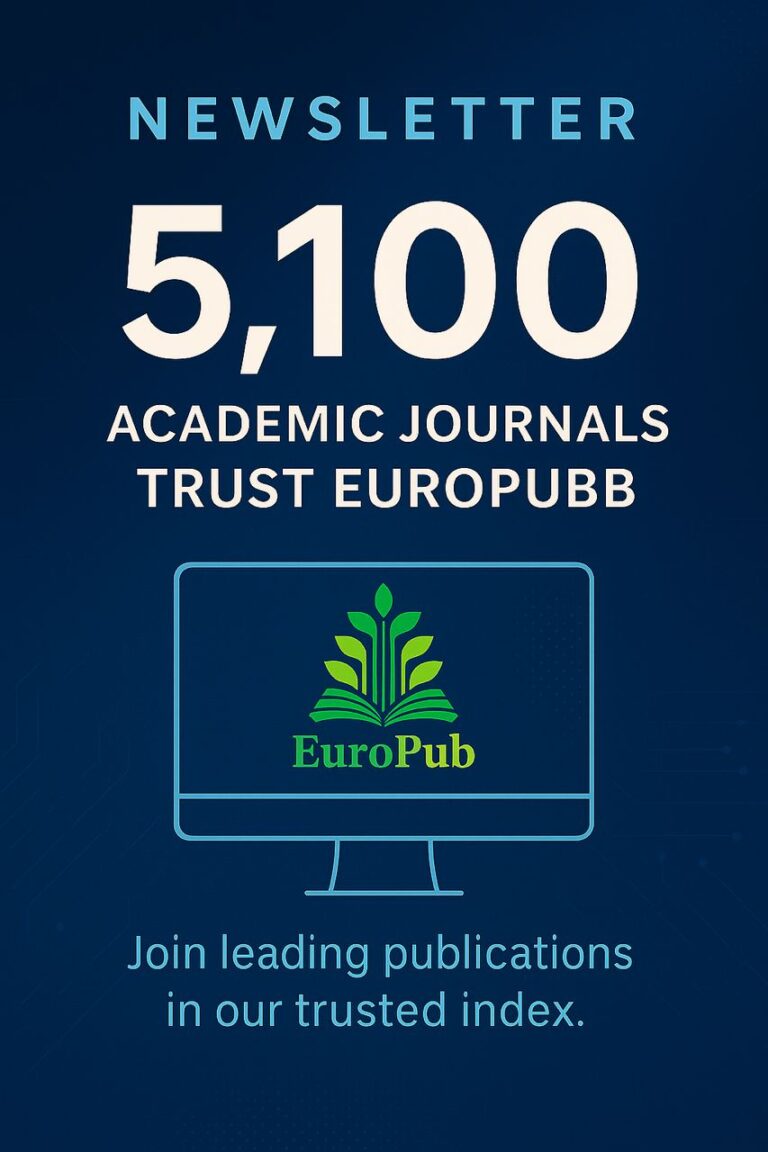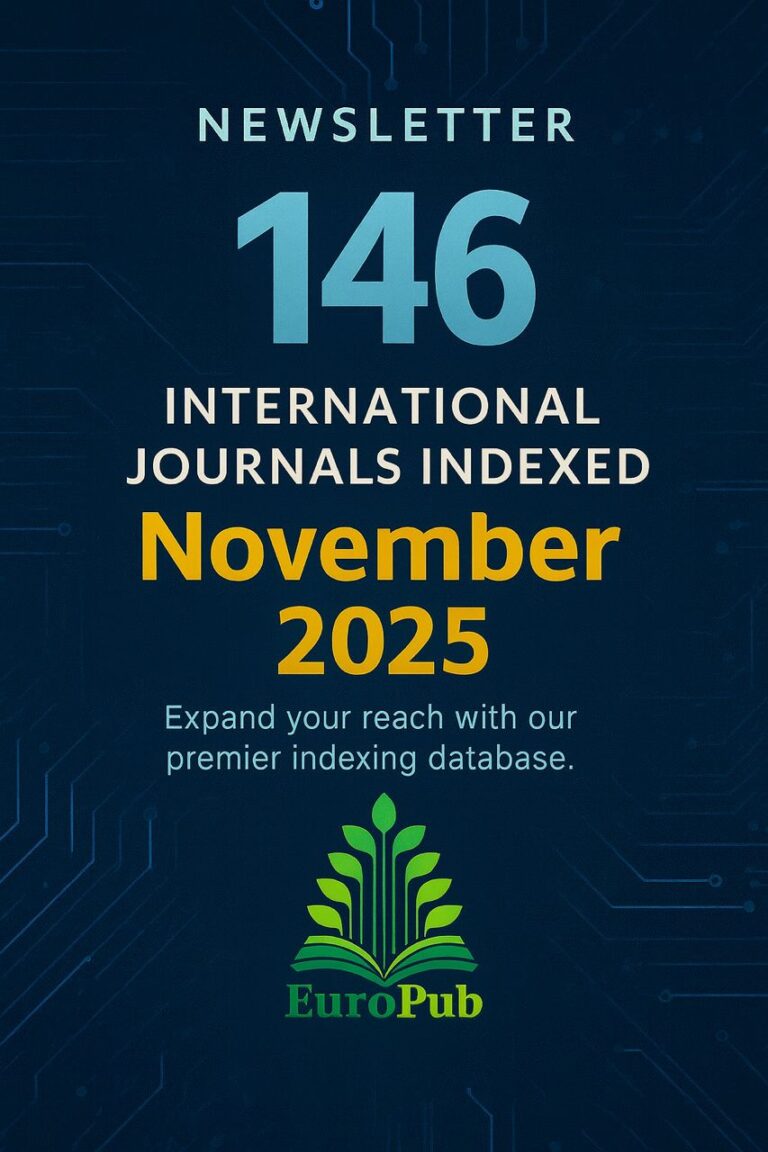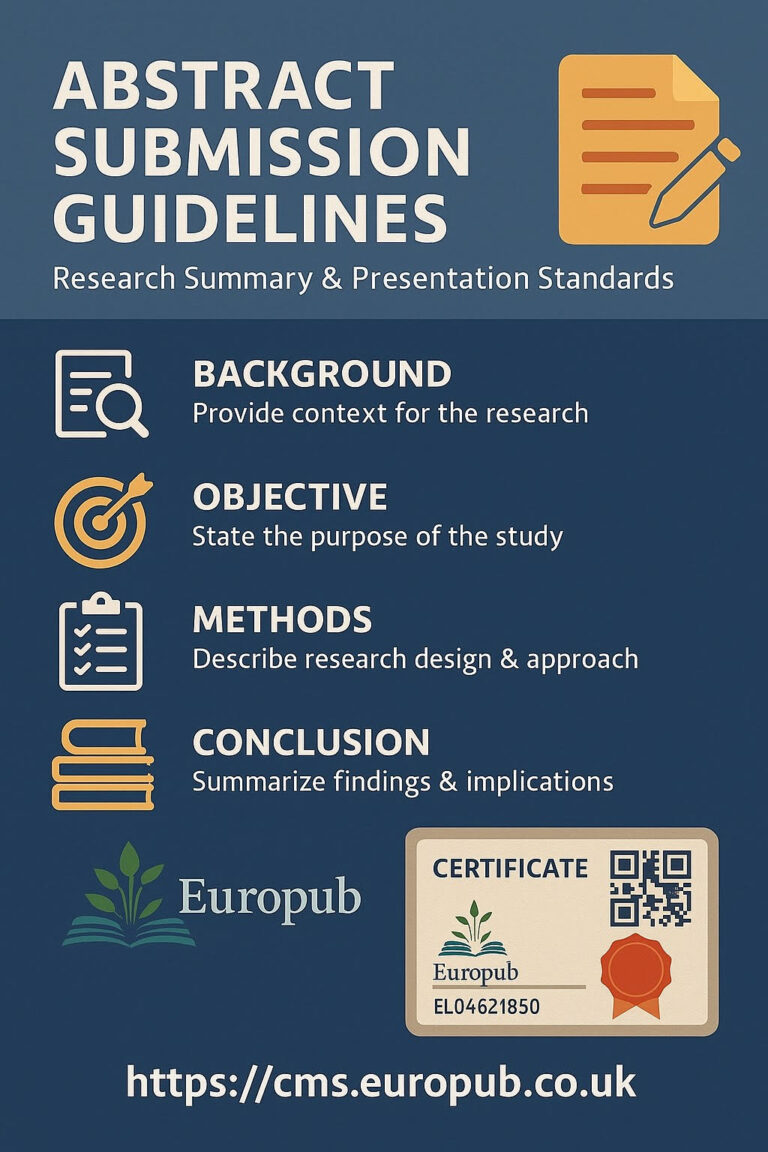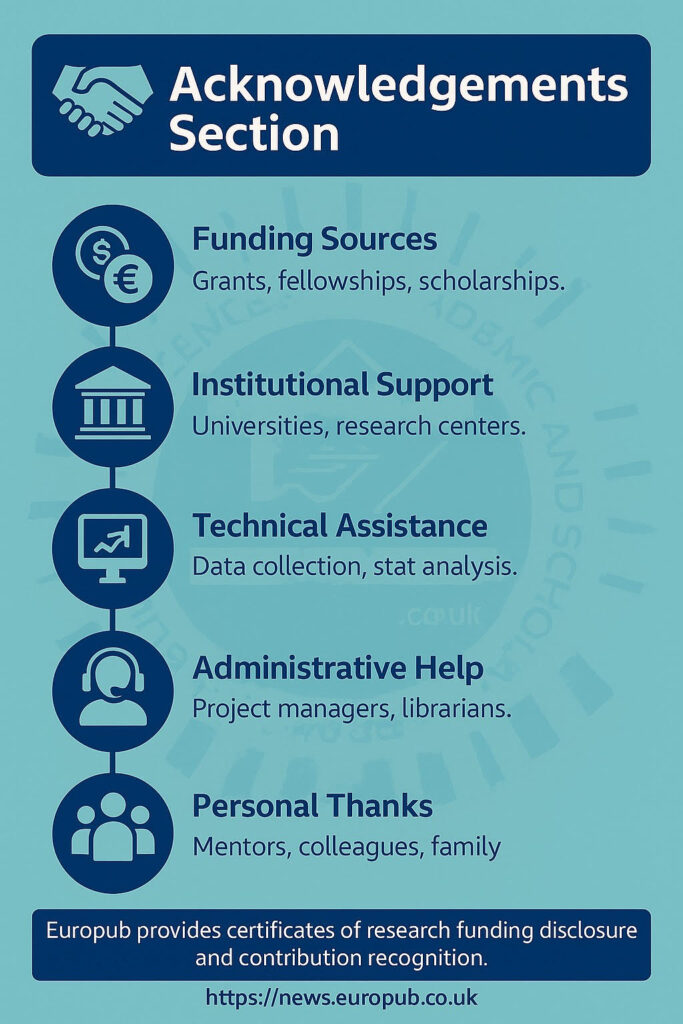
Introduction
The Acknowledgments section in a research paper is where authors express gratitude to those who contributed to the project but do not qualify for authorship. It adds transparency, ethical recognition, and professionalism to your paper.
Acknowledgments often include funding sources, institutions, technical support, and personal thanks. Many journals and indexing databases (e.g., PubMed, Scopus) require disclosure of funding sources in this section.
Purpose of the Acknowledgments Section
 Give credit to individuals and organizations who supported the work.
Give credit to individuals and organizations who supported the work.
 Disclose financial or institutional support.
Disclose financial or institutional support.
 Maintain transparency in research collaboration.
Maintain transparency in research collaboration.
 Strengthen professional networks by recognizing contributions.
Strengthen professional networks by recognizing contributions.
What to Include in Acknowledgments
- Funding Sources
- Grants, fellowships, scholarships.
- Example: “This research was supported by the European Research Council (ERC) under grant agreement no. 12345.”
- Institutional Support
- Universities, laboratories, or research centers that provided facilities.
- Technical Assistance
- Data collection help, statistical analysis, lab work, editing.
- Administrative or Logistical Support
- Project managers, librarians, secretaries, or field staff.
- Personal Thanks (optional)
- Mentors, colleagues, or family members who gave moral support.
What
Not
to Include
 Excessive personal thanks (keep it professional).
Excessive personal thanks (keep it professional).
 Jokes or informal language.
Jokes or informal language.
 Contributions that qualify for authorship.
Contributions that qualify for authorship.
Example of a Strong Acknowledgment
“The authors thank Dr. Jane Smith for her guidance in study design and Mr. John Doe for statistical analysis. This work was supported by the Horizon 2020 Research Programme under grant no. 67890. The authors also acknowledge the assistance of the library staff at University College London for providing access to critical resources.”
Importance of Funding Acknowledgment
- Required by most journals and funding agencies.
- Helps track the impact of funded research.
- Increases transparency and accountability.
 Reference: ICMJE Recommendations – Acknowledgments
Reference: ICMJE Recommendations – Acknowledgments
Best Practices
 Keep it concise (1–2 short paragraphs).
Keep it concise (1–2 short paragraphs).
 Use formal tone.
Use formal tone.
 Follow journal formatting rules.
Follow journal formatting rules.
 Verify correct names and funding details.
Verify correct names and funding details.
Europub Certification & Guidance
Europub provides Acknowledgment & Research Transparency Certificates via its Certificate Management System:
 Certificate of Research Funding Disclosure
Certificate of Research Funding Disclosure
 Certificate of Contribution Recognition
Certificate of Contribution Recognition
With Europub certification, you can:
- Validate funding acknowledgments for journals.
- Strengthen professional recognition of contributors.
- Add credibility to your research profile.
 Apply here: https://cms.europub.co.uk
Apply here: https://cms.europub.co.uk
 Main site: https://europub.co.uk
Main site: https://europub.co.uk
 Newsletter: https://news.europub.co.uk
Newsletter: https://news.europub.co.uk
 Europub experts also guide researchers in writing acknowledgment sections that comply with ISI/Scopus standards.
Europub experts also guide researchers in writing acknowledgment sections that comply with ISI/Scopus standards.
 Frequently Asked Questions (FAQs) on Acknowledgments Section
Frequently Asked Questions (FAQs) on Acknowledgments Section
1. Do I have to include an acknowledgments section?
Answer: Not always, but most journals expect it if external help or funding was received.
2. Can family members be mentioned?
Answer: Yes, but keep it brief and professional. Example: “The authors thank their families for continuous support.”
3. What if I had no funding?
Answer: You may simply state: “This research did not receive any specific grant from funding agencies.”
4. Should I ask permission before acknowledging someone?
Answer: Yes. Always obtain consent before including names in acknowledgments.
5. Can acknowledgments affect acceptance?
Answer: No, but incomplete or misleading acknowledgments may cause ethical issues or post-publication corrections.
6. Is acknowledgment different from authorship?
Answer: Yes. Acknowledged individuals helped but do not meet authorship criteria.
 Reference: COPE – Authorship and Acknowledgments
Reference: COPE – Authorship and Acknowledgments
Conclusion
The Acknowledgments section is a vital part of academic writing that reflects gratitude, transparency, and professionalism. Europub strengthens this process by offering certification and guidance for proper acknowledgment in scientific publishing.
